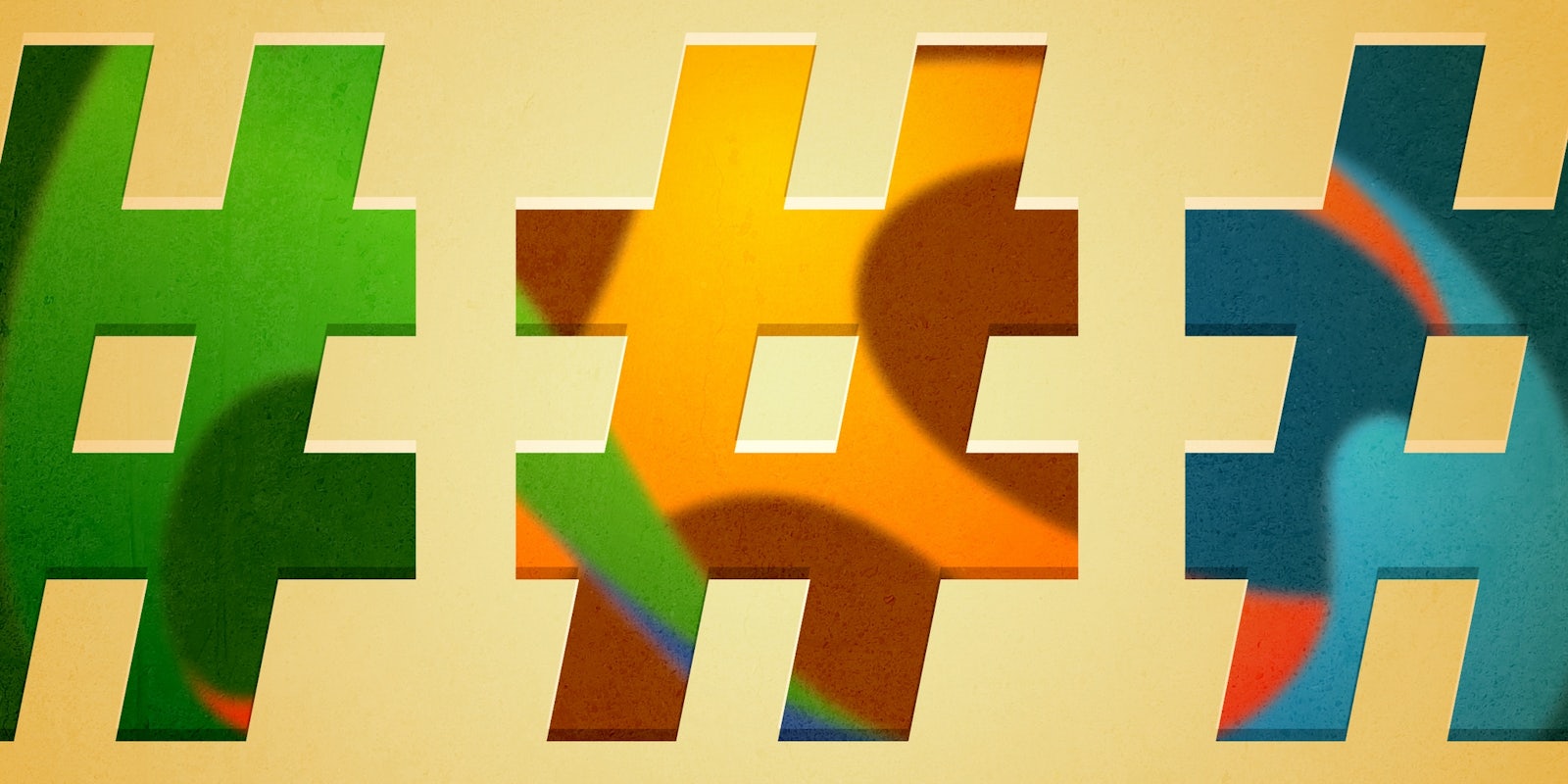This weekend, the Olympic Games kicks off in Rio de Janeiro. With the exception of the latest Trump news, Rio will be the most talked about event on social media, so it’s only natural your company would want to take part in the greater conversation.
To celebrate the occasion and get hype building, Twitter unveiled a series special emojis for #Rio2016 and #Olympics. But if you are not an official sponsor of Team USA, good luck using those hashtags. That’s because the U.S. Olympic Committee has reportedly declared that all non-sponsors are forbidden from tweeting about the games, using the aforementioned “trademarked” hashtags, or even retweeting from the official Team USA Olympic account.
Here’s an excerpt from the U.S. Olympic and Paralympic brand usage guidelines the reasoning behind the stance:
Because the USOC receives no government funding to support Team USA’s preparation for and participation in the Games, the USOC generates those funds primarily through broadcasting partners, sponsors, suppliers, licensees and donors. Official corporate partners provide critical funding for athletes and athlete programs and, in exchange for their support, are allowed to use USOC trademarks to convey that association. The USOC also raises funds through direct solicitation efforts, seeking donations from Americans to support our federally recognized charitable purpose of preparing athletes for the Games.
When others use USOC trademarks without proper authorization, the exclusivity of the USOC’s brand is threatened. Unauthorized use of USOC trademarks creates a disincentive for our partners to continue funding Team USA in exchange for those exclusive rights.
It may come as a surprise, but unless you’re a news outlet or pursuing an educational purpose, here’s just a few phrases you can’t have your brand say this summer, per TeamUSA.org:
- Team USA
- Let the Games Begin
- Future Olympian
- Olympian
- Olympic
Brands have always skirted around trademarks to draft off of big events, i.e. selling TVs for “The Big Game” because you can’t reference the NFL or SuperBowl. Steph Curry can appear in your commercial and rain down 3’s in a #10 jersey so long as it’s not an official NBA Golden State Warriors branded Jersey. But in the age of Twitter, the lines are being drawn straight down a slippery slope.
If you’re a whiskey brand, you can’t even post an image of a bartender athletically pouring drinks with the facetious caption of “Future Olympian.”
This begs a series of questions about the limits of intellectual property, trademark laws, and even freedom of speech in the digital space. Should the USOC really be able to claim ownership of the word “Olympic” on Snapchat? Surely the ancient Greeks might have something to say about that.
The International Olympic Committee has relaxed some of their rules, now allowing brands that are not official Olympic sponsors to continue promoting their relationship with athletes headed to Rio so long as they began running ads beginning this past March. So if you inked a deal with Team USA basketball player Carmelo Anthony in May, you might be in trouble if you run ads featuring him in the month of August.
Every brand wants to be a part of the zeitgeist and not miss a moment that they can be relevant. Whether it’s Just Salad promoting their locations as “Pokestops” or latching onto a top hashtag, we’ve become comfortable inserting ourselves into niche conversations. But what happens when #Rio2016 starts trending? At what point does the need to protect sponsors from ambush marketing limit companies from engaging in social media best practices?
For better or worse, the Olympics are about big business and big money. There’s no denying that without paid sponsors, the Olympics as we know it can’t exist. But for digital marketers, a lot changes in how we communicate every four years. There was no Snapchat or custom emojis when the Games took place in London in 2012. And in four years in Tokyo there will no doubt be more awkward hurdles for brands to leap over.
Just remember, this August, you will need the flexibility of Olympic gymnast Simone Biles in order to go for the gold and join the Road to Rio without incurring the wrath of Team USA’s legal division. And for some reason, no Mathlympics either.
Let the Games begin.
Joseph Anthony is a marketing expert, cultural anthropologist, and CEO of Hero Group, a full-service marketing/branding/advertising agency geared toward millennial culture. Follow him on Twitter @joeanthonynyc.
